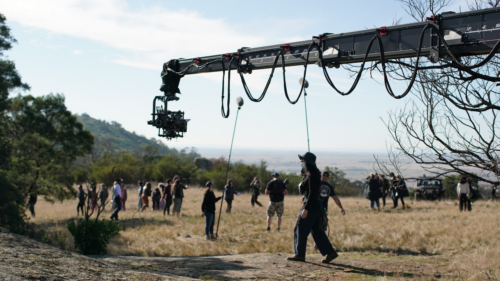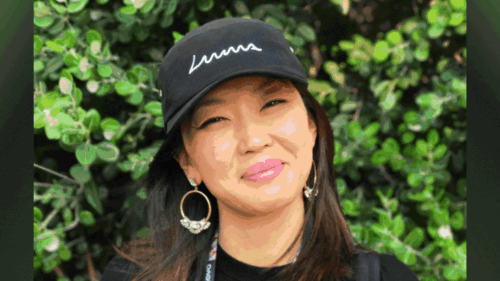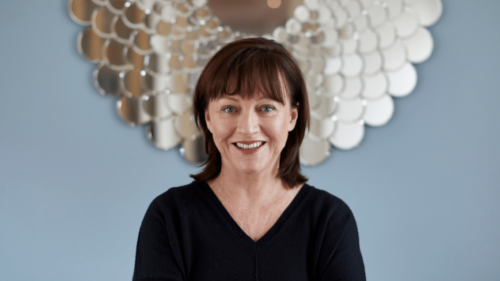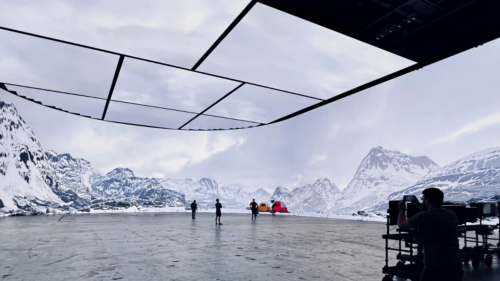/News 14.06.23
FIRST NATIONS SPOTLIGHT: WRITER/DIRECTOR GARY HAMAGUCHI, FROM DJUGUN-YAWURU COUNTRY, WESTERN AUSTRALIA
Gary Hamaguchi is a Japanese/Aboriginal Jaru/Noongar man from the Kimberley town of Broome, on Djugun-Yawuru country. He chatted to Screenwest about his journey in the screen industry and his commitment to authentic Indigenous storytelling.
A Black Comedy writers’ workshop alum and a long-time participant of the Goolarri Indigenous Writers Program, Gary has written and directed several acclaimed short-form dramas and documentaries. In 2019, two of his projects premiered at Sydney Film Festival: sci-fi Doug the Human, which screened on ABC, and AACTA-shortlisted environmental documentary Saving Seagrass.
Gary served as Dialogue Director on two language episodes of Little J and Big Cuz. He wrote and directed short film The Lost Crystals of Jessica’s Room for NITV’s No Ordinary Black initiative and directed Aboriginal Warrior as part of the broadcaster’s Our Stories initiative. Gary’s first documentary series, Larapinta is set to premiere on NITV later in 2023, and looks at the oldest river in the world running alongside the oldest continuing culture in the world. Most recently, Gary was named as the co-recipient of this year’s AACTA Pitch: Regional Landscapes initiative alongside writer/producer Brooke Collard, with their feature horror concept, Reclamation receiving development and mentorship support. Set in 1970s Western Australia, the story explores the impacts of colonisation through the eyes of Terry, a Noongar ranger, and is described as a love letter to Ballardong Boodjar country.
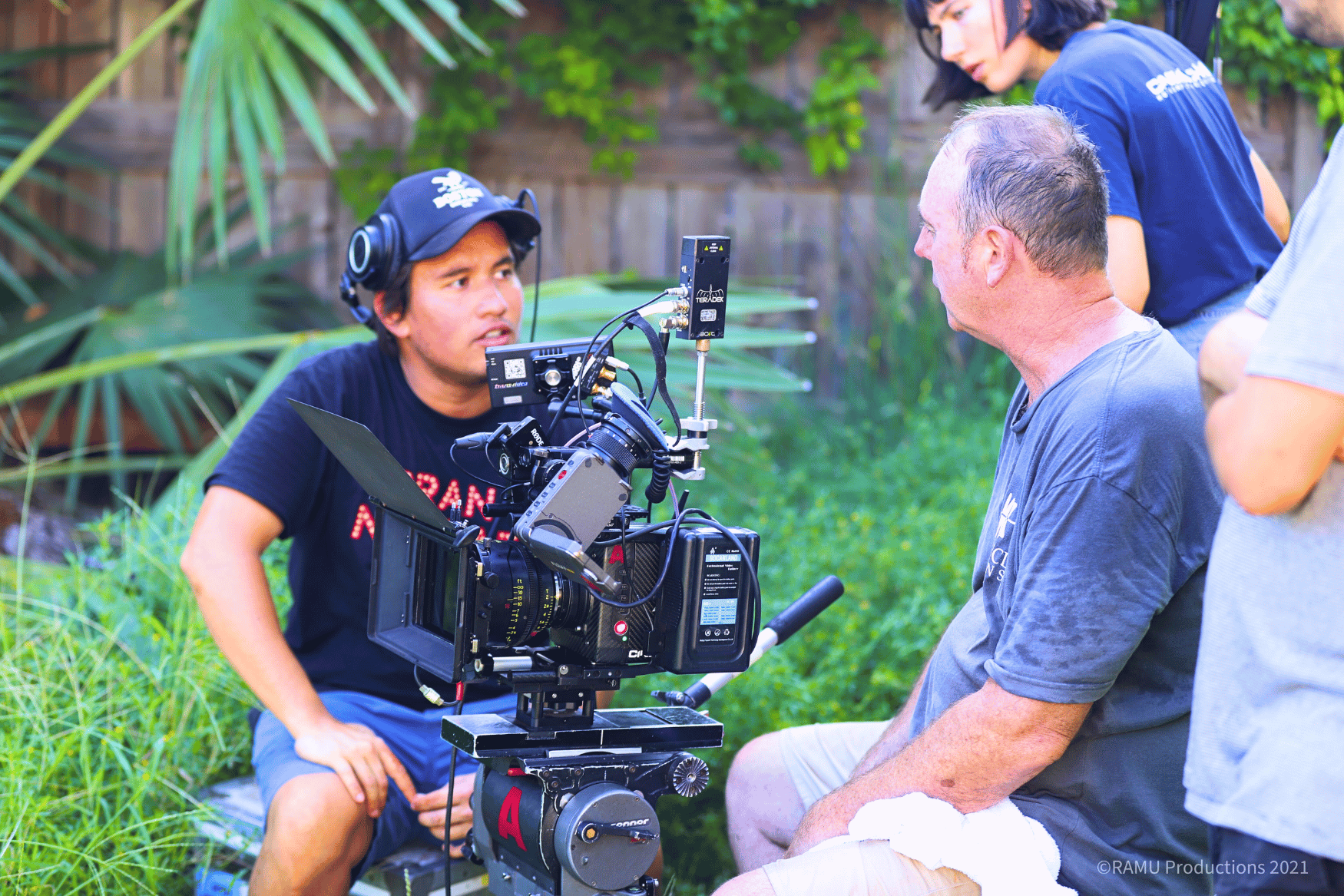
How did you get started in the industry?
I always wanted to be a filmmaker but wasn’t sure on how to start. My Dad was a little concerned and pushed me to do an electrical apprenticeship first. I ended up spending my early 20s finishing my apprenticeship, trying and failing film school and making a few YouTube videos that only got about 100 views. In the end, I really got my start when I started working for Goolarri.
Goolarri is a media company in my hometown of Broome. Working for them was really what got everything going. I came on as a camera assistant but at Goolarri you get to do a little bit of everything. It was a great introduction to filmmaking in general and just what I needed to build my confidence and realise that I can do this, and I don’t have to leave my hometown.
From there I joined the Goolarri Writers group, which is a program that Goolarri run to support writers in any field; film, theatre, poetry. That helped me write my own short films and get professional writing jobs, my first one being ABC’s Black Comedy Season 3. Since then, I’ve never looked back!
What do you love about working in the screen industry?
First of all, it never feels like work, it just feels like we are all a bunch of kids playing the most intense pretend dress up game ever.
Second there is a certain feeling that’s hard to describe, when you show your film to an audience and they are completely into it, going along with the journey, it’s making them laugh, it’s shocking them, making them think. That high is something that becomes very addictive.
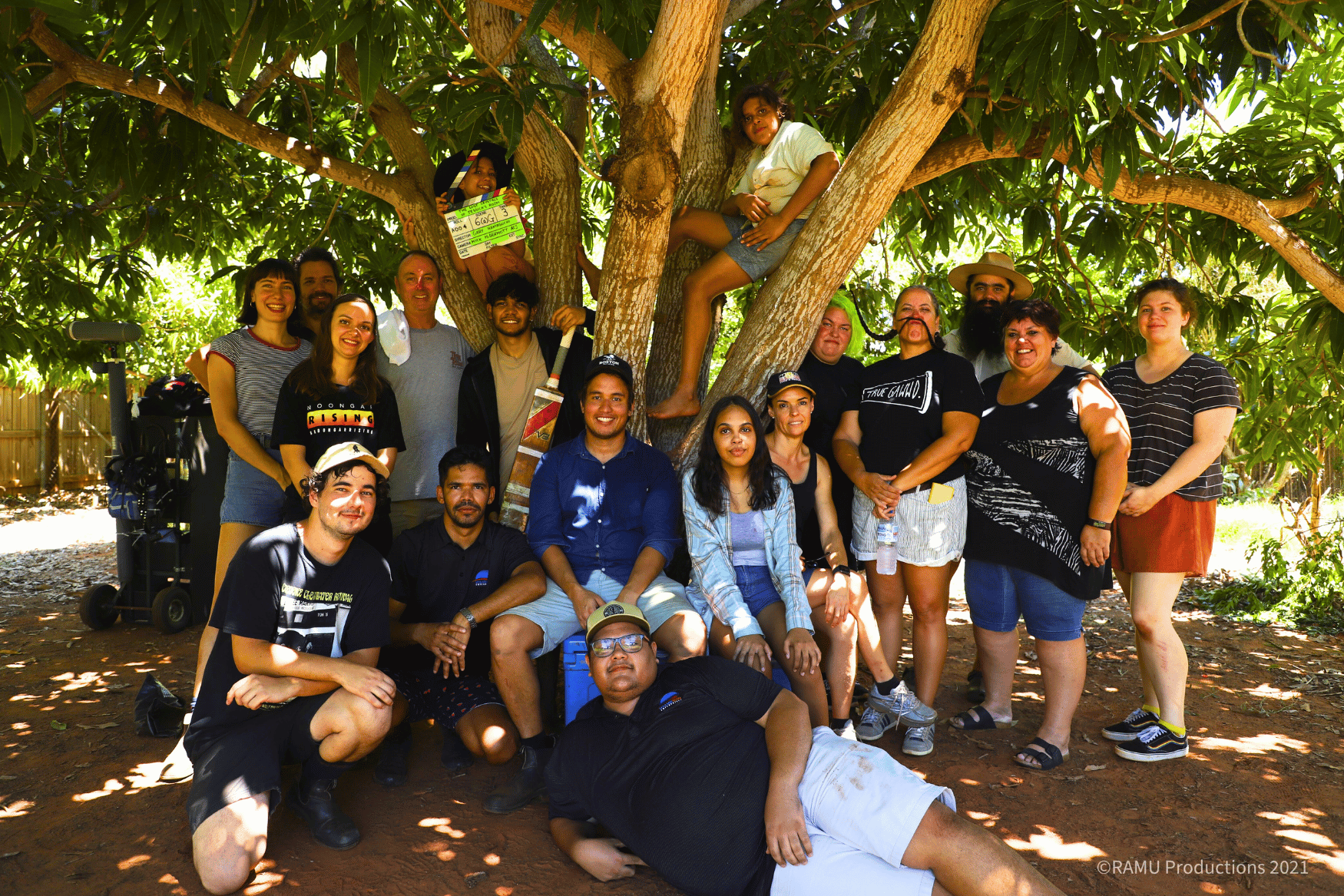
Congratulations on winning the 2023 AACTA Pitch: Regional Landscape Initiative. Tell us about your project, Reclamation.
Thank you. The project is my partner Brooke Collard’s idea, she is writing and producing it, I’m just directing. It’s set in the 70’s in the small wheatbelt town of Hyden. Following two young Noongar people, Terry and Olivia, who are trying to solve horrific paranormal events on local farms. I don’t really want to say too much more but I will say that we are drawing from a lot of real-life events from Brooke’s family history as well as combining other scary Noongar stories. We are using traditional horror elements as ways to talk about the stolen generation, intergenerational trauma and loss of culture.
You’ve directed both scripted and documentary projects, including short film The Lost Crystals of Jessica’s Room and the upcoming NITV documentary series Larapinta. How do you find moving between the two formats – does your approach change depending on whether you’re bringing a real or fictional story to life?
Nah not really. At the end of the day, you are trying to achieve the same result. It’s like cooking in a kitchen vs cooking on a fire out bush. You’re still trying to make a nice feed, but you have slightly different tools to get you there.
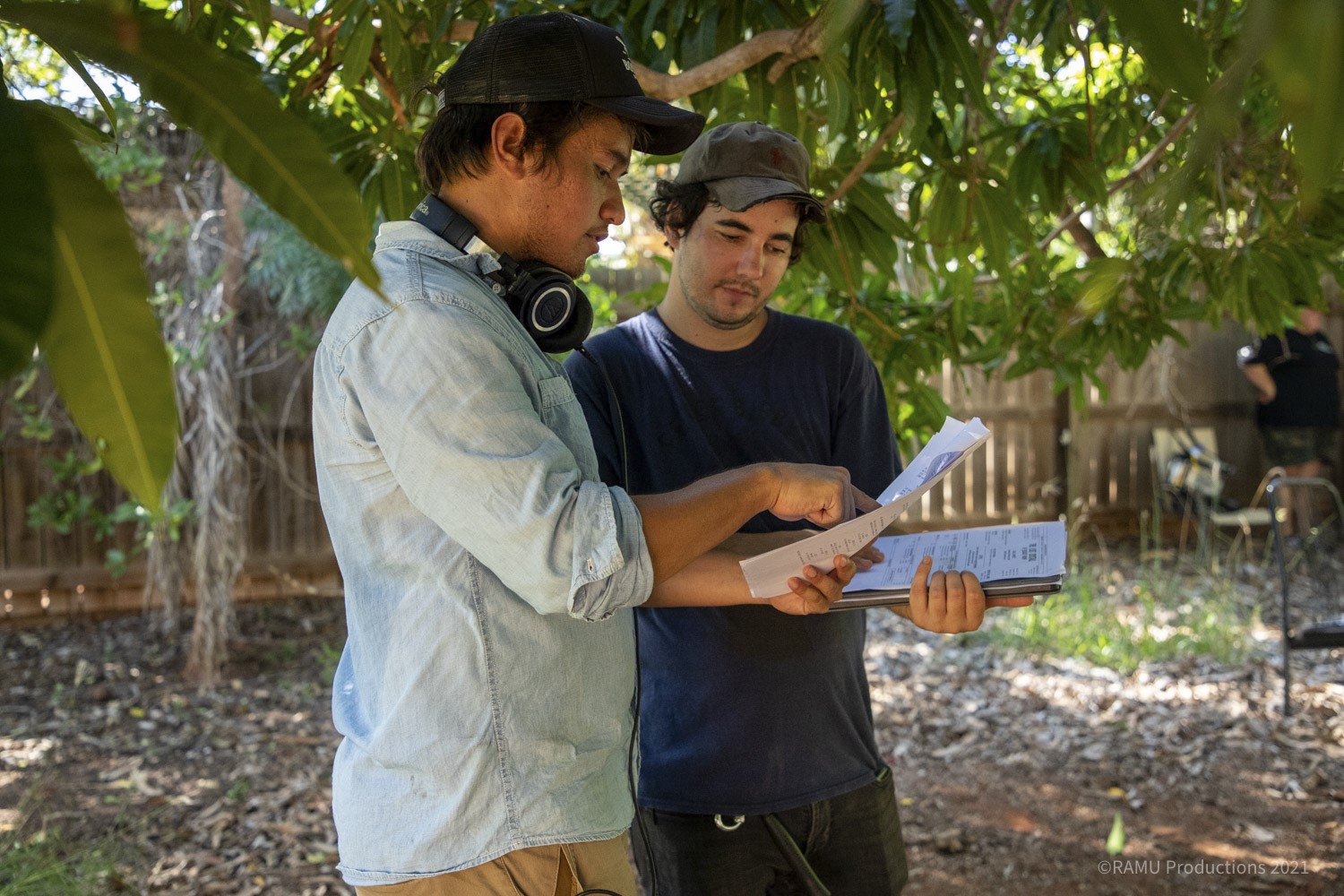
Where do you find inspiration?
I find inspiration everywhere – art, songs, poems, books, other films, people, country, stories.
What’s your guiding philosophy when you take on new projects?
It’s different for scripted and doco. Scripted is usually: is it a good story? And can I tell it? – meaning can I bring my unique perspective to this project?
Documentary – I feel like it always has a bit more importance because we are telling true stories. As a First Nations filmmaker I’m always looking for stories that can uplift and empower us or bring to light some truth about this country’s history.
What’s next for you?
I’m developing my first scripted feature and a TV show based off two short films I did a few years ago. Writing on two big TV shows with Bunya Productions and working with Brooke on Reclamation.
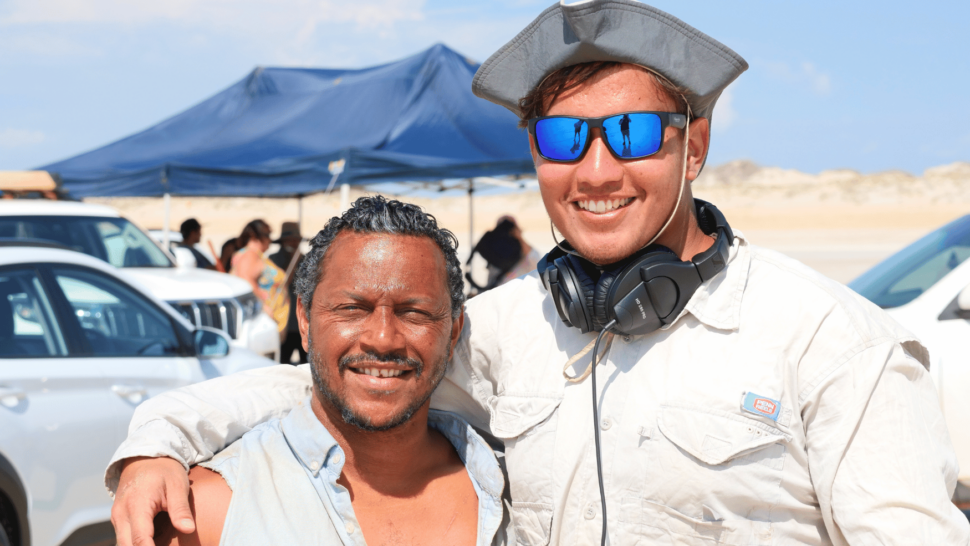
What advice would you give upcoming First Nations filmmakers today?
Reach out to your state agencies – both Screenwest and Screen Australia’s First Nations departments have been overwhelmingly supportive to me and my career. They always have funding opportunities. Introduce yourself to NITV and ABC Indigenous if you haven’t already.
There is such an appreciation for First Nations films. It really is just about telling the stories that only you can tell. Get them out there.
Where is your favourite place in Western Australia, and why?
Broome. Because no matter what, it will always be home.






